Moria Plus is a company that has been listed on numerous fraudulent discount shopping websites promoting fake clearance sales and bargains for various brands. However, it is unknown if Moria Plus is actually responsible for operating these scam sites, or if the real scammers just use the name without permission to appear legitimate. In any case, this article will provide an in-depth look at how the network of fake retail websites connected to Moria Plus works, common red flags to watch for, steps you can take if scammed, and most importantly, how to protect yourself from these insidious clearance sale scams.
- Overview of the Moria Plus Scam Shopping Websites
- How the Moria Plus Scam Shopping Websites Work
- How to Spot Moria Plus Scam Websites
- How to Spot Moria Plus Scams on Social Media
- Top Tips for Avoiding Moria Plus Scam Websites
- What to Do If You Are Scammed by a Website Referencing Moria Plus
- Frequently Asked Questions
- The Bottom Line
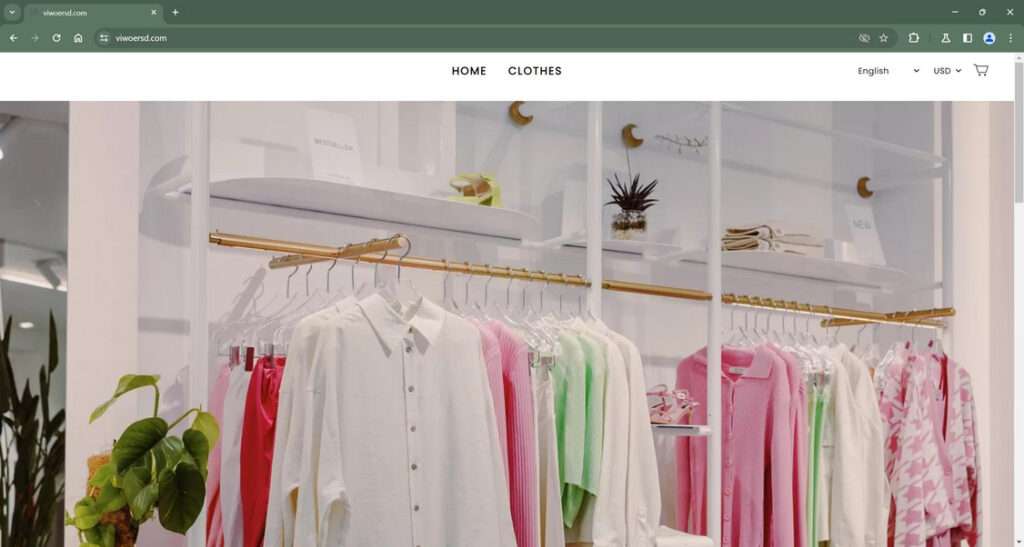
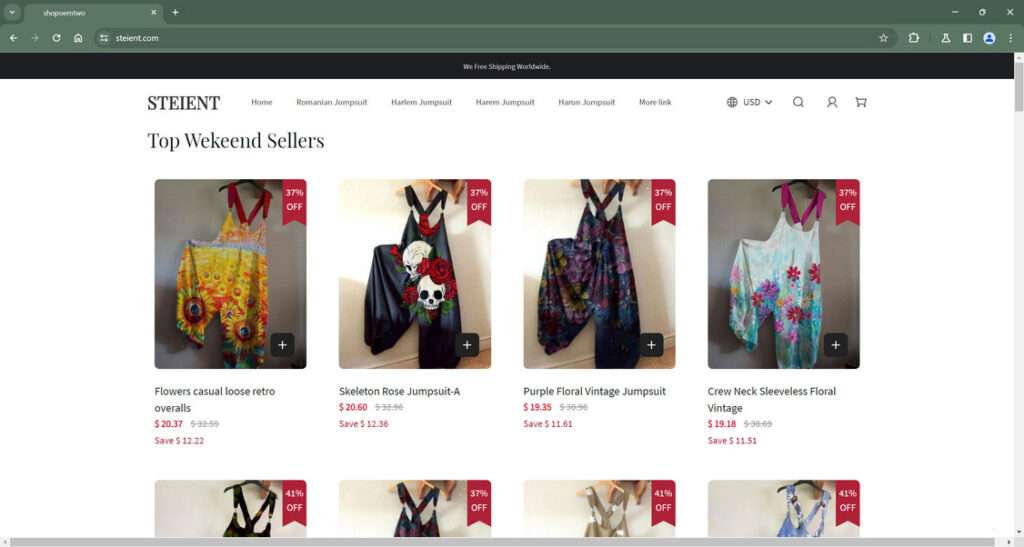
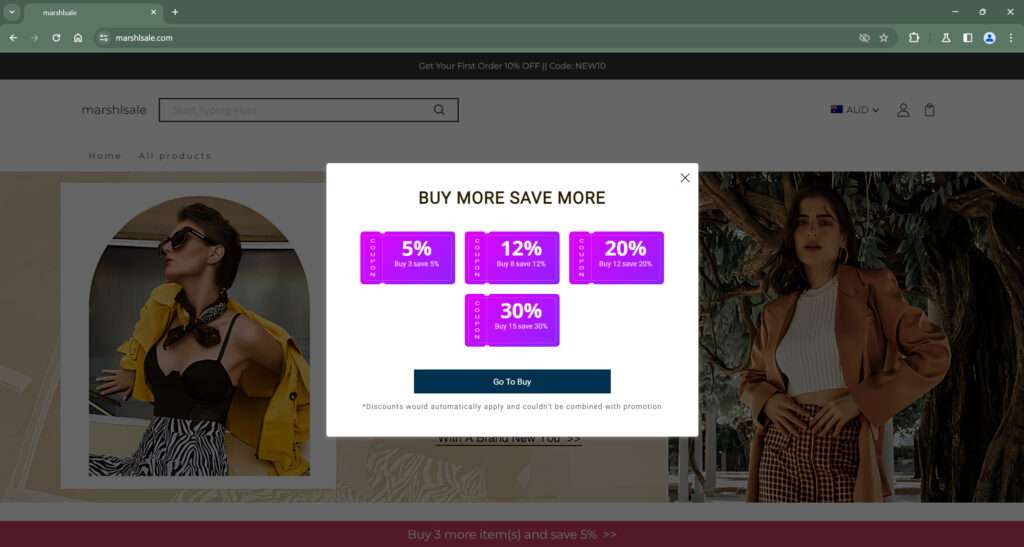
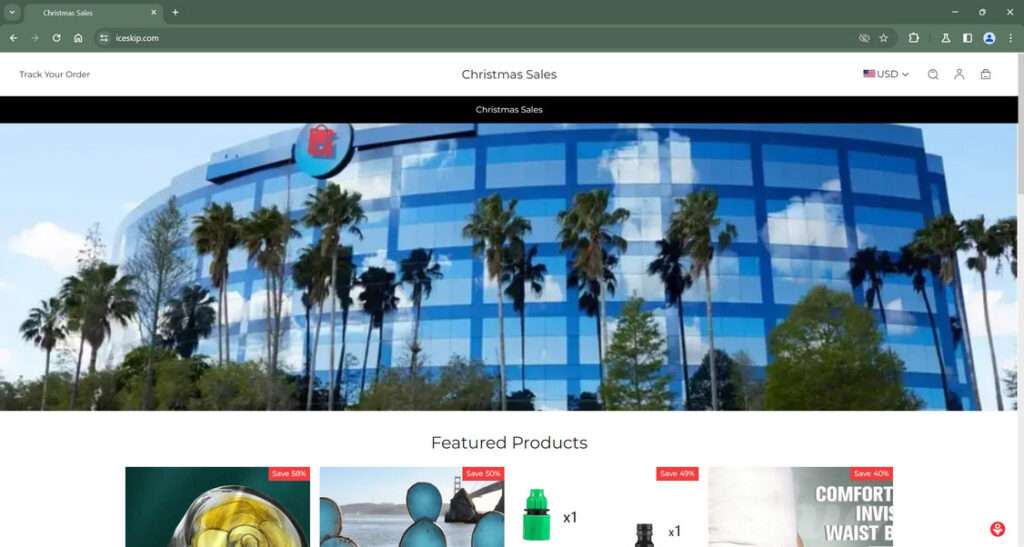
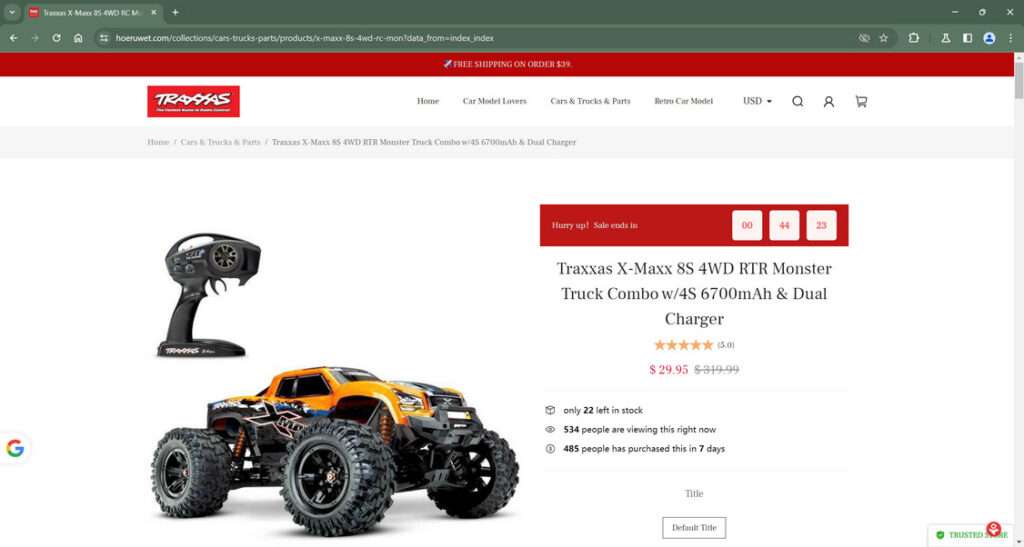
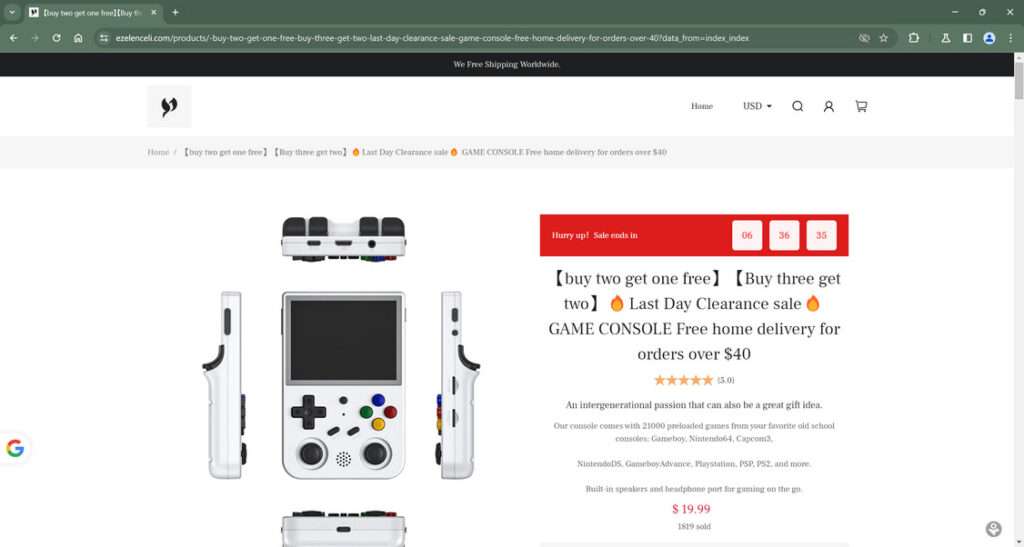

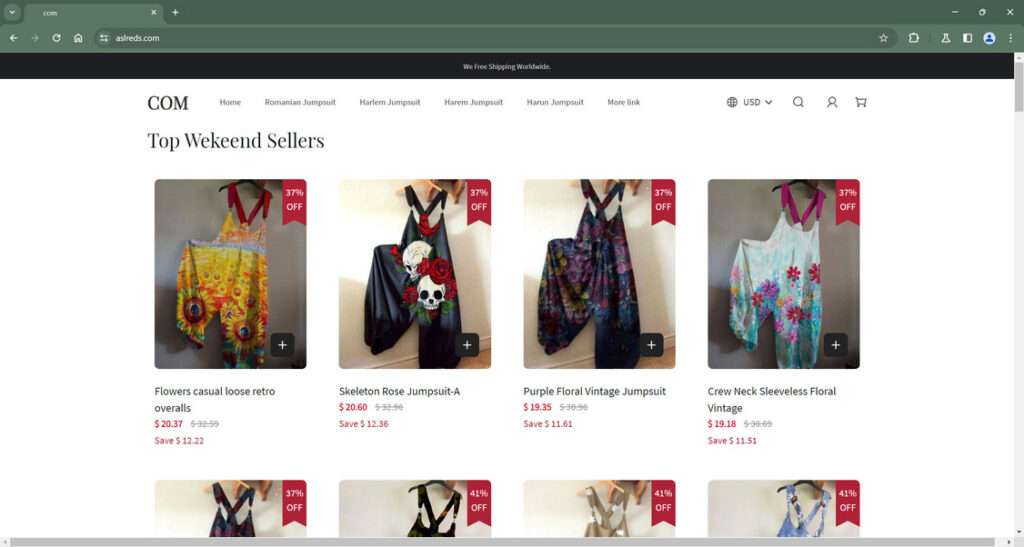
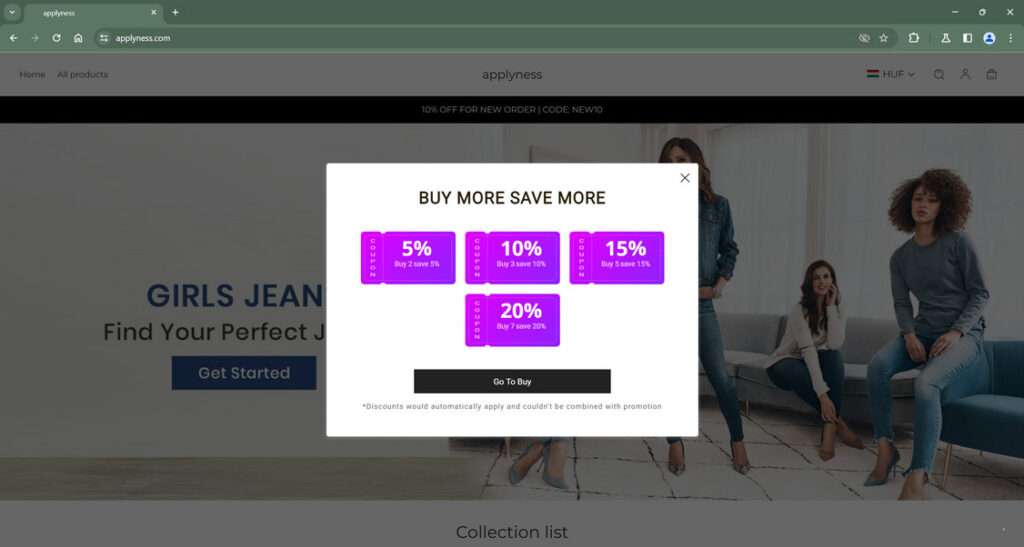
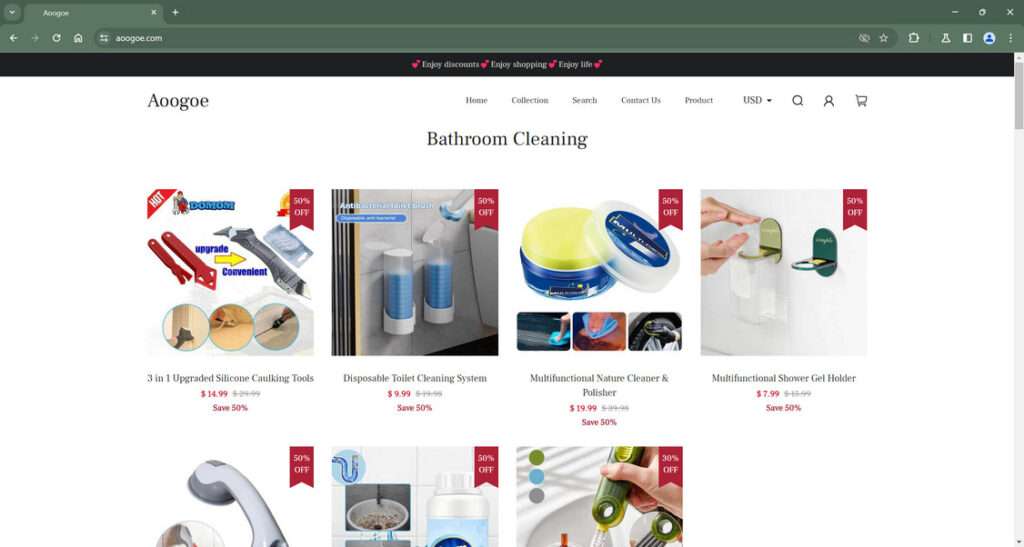
Overview of the Moria Plus Scam Shopping Websites
The company Moria Plus is named on many fake shopping websites that appear legitimate but are actually fraudulent. There are indications that Moria Plus may be linked to a larger scam network called the Uniques Network. The scam websites do not deliver products ordered or send poor-quality items. They also make it extremely difficult for customers to get refunds.
The fake shopping sites that mention Moria Plus focus on selling clothing, jewelry, electronics, and other consumer goods. They are heavily advertised on Facebook and Instagram through multiple Facebook pages and ads. This makes them appear more credible. However, behind the scenes, the pages are run by scammers using fake profiles and VPNs to hide their true location and identities.
When customers place orders on these sites referencing Moria Plus, they either receive nothing, counterfeit products, or items completely different from what was pictured and described on the website. Customer service representatives are unhelpful or nonresponsive when contacted about issues. The websites also have no proper procedures in place for returns and refunds.
Thousands of customers have reported being defrauded by websites that reference Moria Plus. Yet the sites continue running their scam with new domains and Facebook pages once exposed.
How the Moria Plus Scam Shopping Websites Work
Moria Plus is a company that has been listed on numerous fraudulent ecommerce websites promoting fake clearance sales and bargains for various brands. However, it is unknown if Moria Plus is actually responsible for operating these scam websites, or if the real scammers just use the Moria Plus company name without their knowledge or consent to appear more legitimate. In any case, exercise caution with websites listing Moria Plus, as many have been reported as clearance sale scams stealing money from online shoppers lured by unrealistic discounts.
Here is an in-depth look at how the Moria Plus scam network ensnares victims from ad promotion to purchase:
1. Promote Fake Sales on Social Media
The first step is promoting unrealistic offers like “Best Buy Sale – 90% Off!” and “Nike Warehouse Clearance!” via Facebook and Instagram ads to gain attention. The ads display popular products next to prices no legitimate retailer would offer. Urgency and scarcity tactics push people to click on impulse.


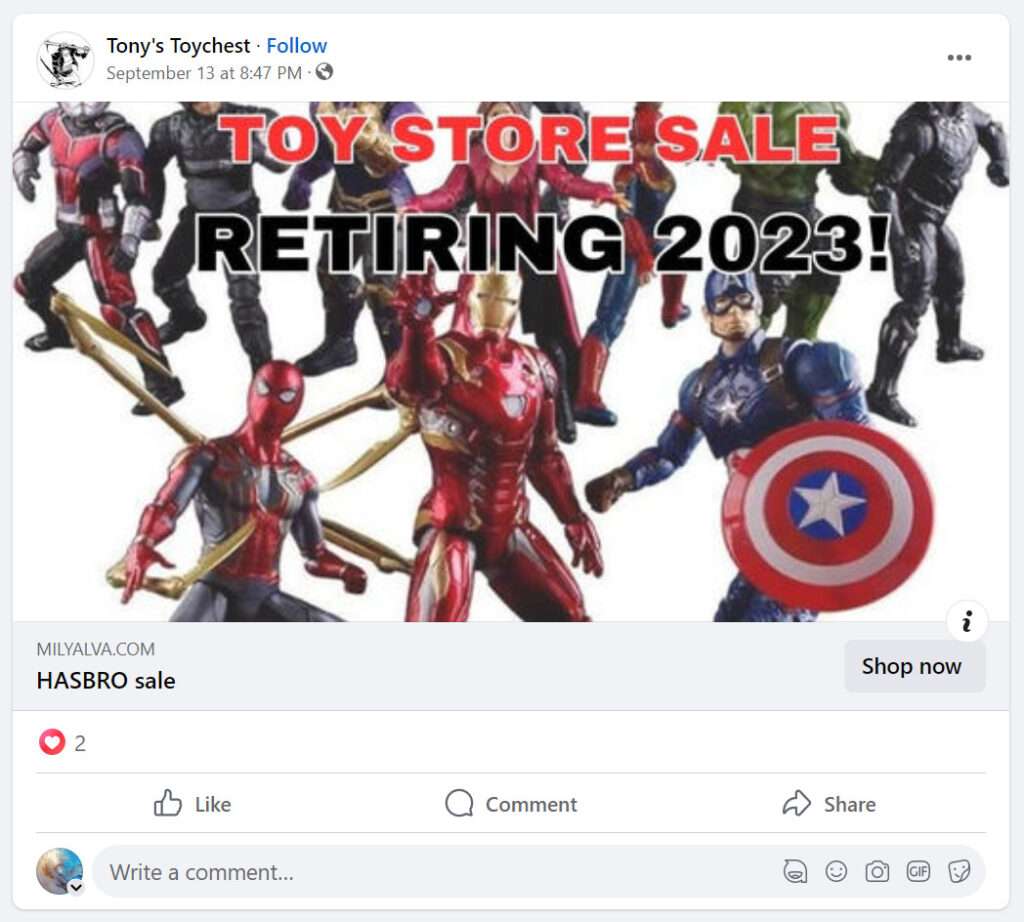
2. Drive Traffic to Sophisticated Fake Sites
The social media ads funnel victims to fake sites that convincingly impersonate real brand’s e-commerce experiences with logos, imagery, and branded visual design. However, a closer look reveals inconsistencies like the domain name not matching exactly.
3. Hook Shoppers With Huge Discounts
On the scam sites, coveted items show absurdly low prices up to 90% off using tactics like countdown timers to trigger urgency and impulse buying without closer scrutiny. A $1000 purse might be listed at $50 or a $2000 TV at $99.
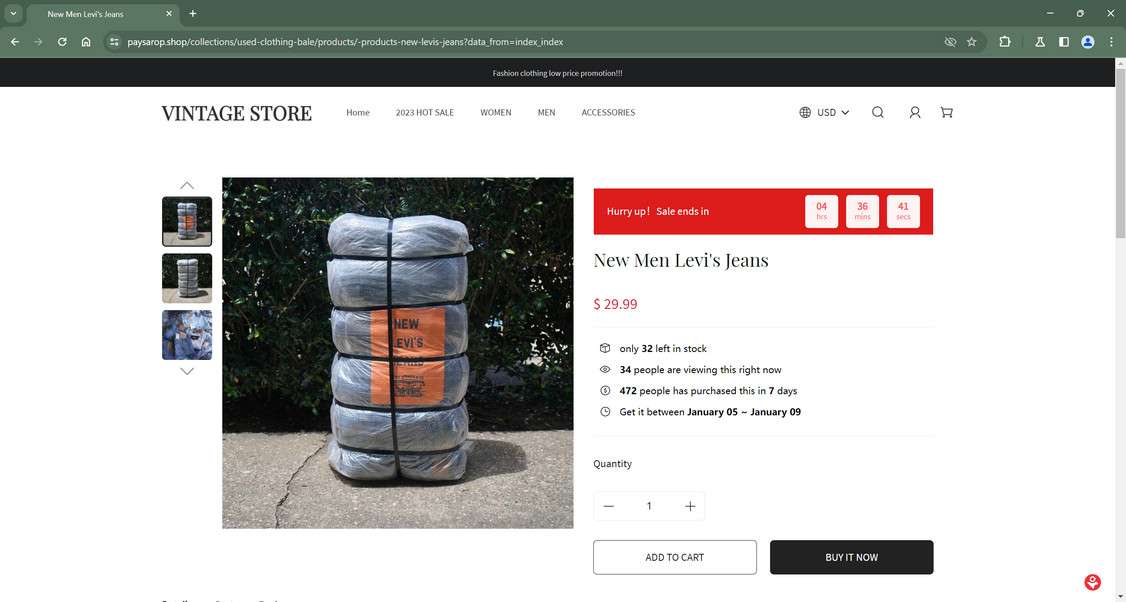
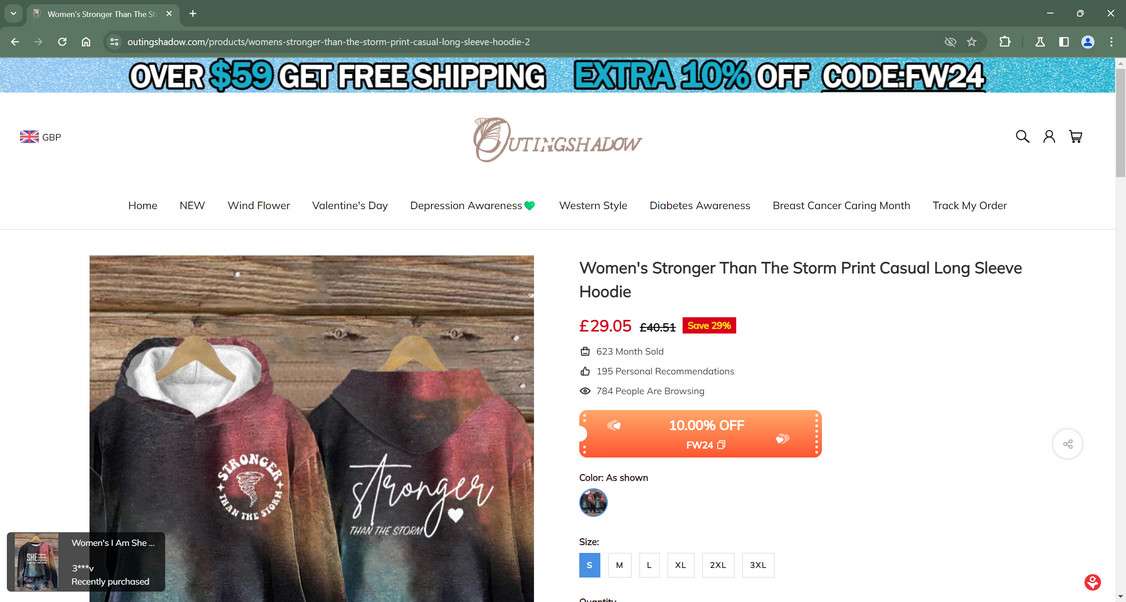
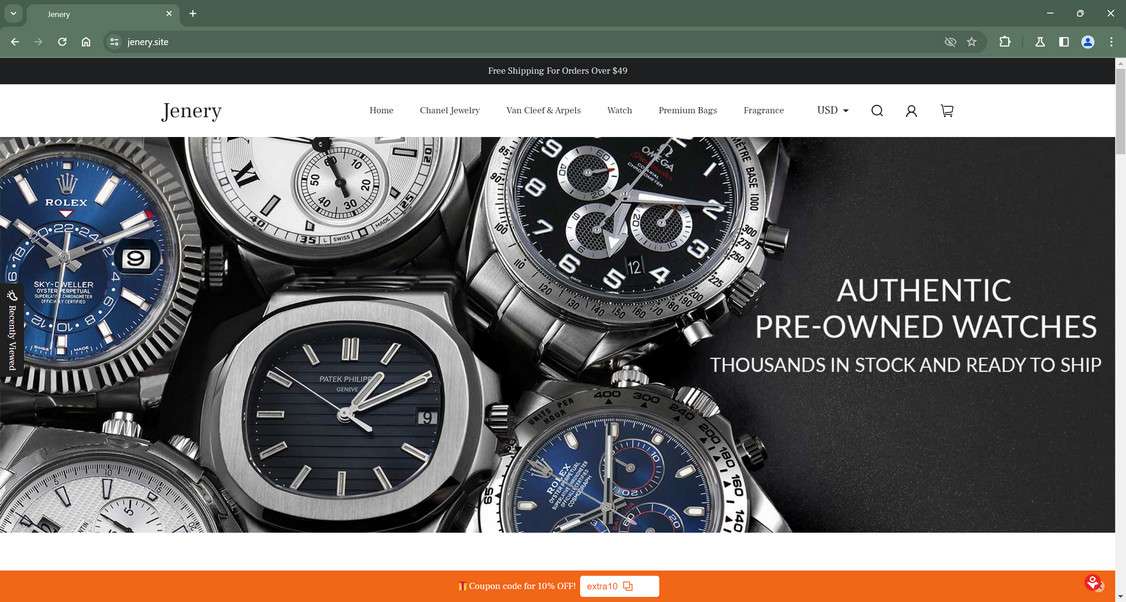
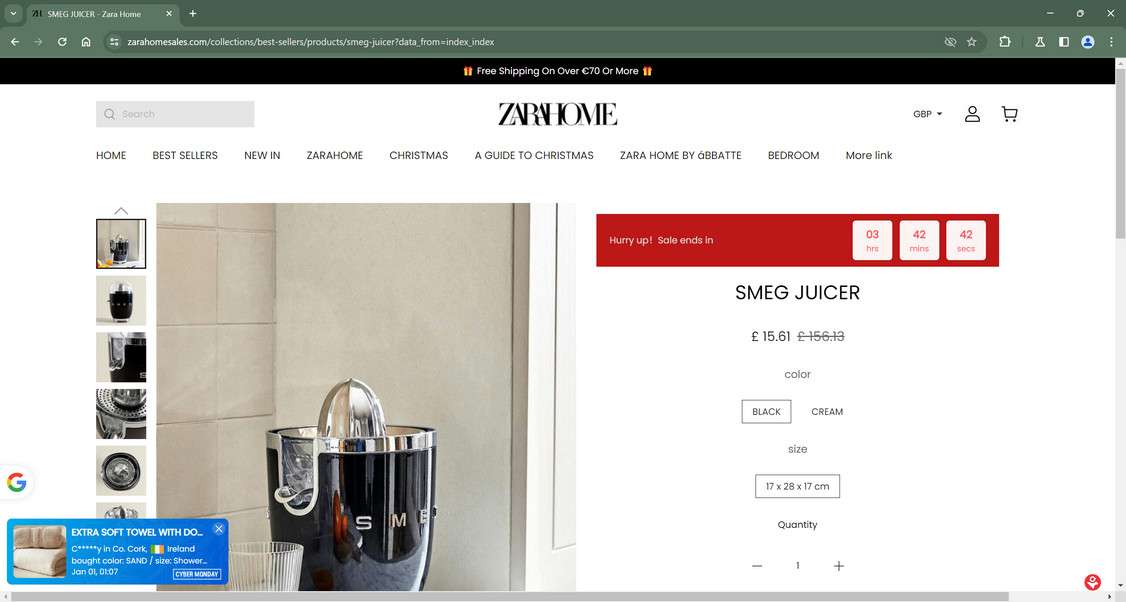
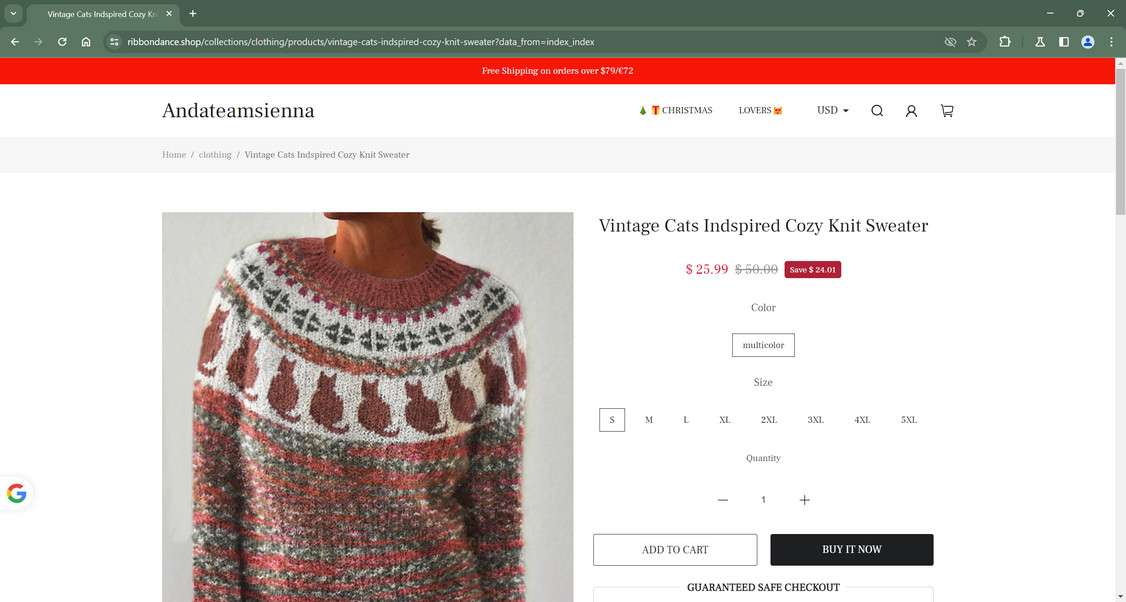
4. Gather Personal and Payment Information at Checkout
The sites have a checkout process collecting all needed billing and shipping info, plus payment details, appearing totally normal until no items ship. They often let shoppers pay via PayPal, Apple Pay, and major cards for added legitimacy. Data is stolen.
5. Never Ship Products After Taking Payment
Weeks later, customers who submitted payment realize the too-good-to-be-true deal website never sends any products, leaving them empty handed and searching for recourse.
6. Disappear and Relaunch New Sites
The scam websites vanish once enough complaints accumulate, then the network repeats the process with new domains, company names, and branding under the Moria Plus umbrella. Rinse and repeat.
By expertly impersonating real e-commerce experiences and tempting consumers with unbelievable prices on coveted goods, Moria Plus’s network pulls off lucrative clearance sale scams at scale while evading detection.
How to Spot Moria Plus Scam Websites
While the sites look convincing, there are ways to detect their fraudulent nature:
- Research the company name: Search for Moria Plus plus words like “scam”, “fake” or “review”. You may find warnings about sites that include it from other victims.
- Look for contact inconsistencies: Note any discrepancies between locations listed in the contact details and on the About Us page.
- Check for fake reviews: Reviews may be unnaturally positive, lack specific details, or come from accounts with no other activity. Be suspicious.
- Assess how long it’s been around: Avoid sites created very recently that lack an online history. Scam sites often get quickly abandoned.
- Evaluate the prices: Very low prices can indicate scam websites that will under-deliver on product quality.
- See if contact forms work: Test email addresses and phone numbers given on the site before buying to see if you get a response.
- Search for duplicate images: Reverse image search product photos, which may have been copied from other websites.
- Check domain registration info: Use online tools like Whois to view what limited domain ownership data is public.
- Beware perfect grammar: Scam sites trying to appear American or European often have awkward phrasing a native speaker wouldn’t use.
The more things that look suspicious, the less likely a site referencing Moria Plus is legit. Trust your instincts if something seems off.
How to Spot Moria Plus Scams on Social Media
The fake clearance sales from Moria Plus’s network are heavily promoted via sponsored posts and ads on Facebook, Instagram, TikTok and other platforms. Here’s how to recognize their scam social media ads:
Identifying Scams on Facebook
Watch for Facebook ads with:
- Excessive discounts like “Nike Shoes 90% off!” and “Supreme Sale!”
- Urgency tactics including countdown timers and “Going out of business!”
- Brand names and product images in the creatives
- Links to odd or suspicious domains in the ad copy
- Very little comments and reactions compared to the ad spend
Identifying Scams on Instagram
Look for Instagram scam ads containing:
- Unbelievable prices called out like “Handbags just $50!”
- Captions with slogans like “Clearance sale!” and “Last day!”
- Logos, products, and model photos of major brands
- A low number of likes and comments relative to reach
- No authentic non-ad content posted on the account
Identifying Scams on TikTok
Watch for TikTok ads with:
- Videos hyping sales with messaging like “Gucci up to 90% off!”
- Captions urging viewers to click before a deadline
- Recognizable brand names, logos, products, and imagery
- Links in bios redirecting to sketchy URLs
- Highly generic comment responses indicating bots
Apply extra scrutiny to unbelievable social media ads for clearance sales and other online shopping deals. Verify website legitimacy before clicking links or handing over payment or personal information.
Top Tips for Avoiding Moria Plus Scam Websites
You can protect yourself from these shopping scams by taking the following precautions:
- Avoid shopping through Facebook ads: The scam websites are heavily promoted via Facebook. Be extra cautious about sites advertised this way.
- Research unfamiliar sites: Quickly look up any website you haven’t heard of before providing payment information.
- Check contact information: Call, email, or live chat with the company first if possible to verify they respond promptly.
- Read reviews carefully: Don’t rely solely on reviews posted on the site itself, which could be fake. Check external review sites.
- Pay with a credit card: You can dispute the charges more easily if the site is fraudulent. Avoid direct bank transfers.
- Beware limited payment options: Scam sites often only take PayPal or cryptocurrency to make tracking them harder.
- Check shipping details: Orders from China or Hong Kong indicate an overseas scam site falsely claiming to be local.
- Avoid clicking Facebook ads: Be wary of ad-driven impulse buying, as scammers take advantage of this.
- Use common sense: If a site looks poorly made or has prices that are unrealistic, it’s likely a scam.
The safest approach is to stick to reputable retailers with an established presence online and physical stores. Safely vet any lesser known sites before buying.
What to Do If You Are Scammed by a Website Referencing Moria Plus
If you made a purchase or entered personal information this website, acting quickly can help you minimize financial loss, secure your accounts, and prevent further misuse of your data. Follow these steps carefully:
- Contact your bank or payment provider immediately
If you paid with a credit or debit card, call your bank’s customer service line and explain that you placed an order on a website that may be fraudulent. Request to dispute the transaction or initiate a chargeback.
If you used PayPal or another payment processor, file a dispute through their resolution center and provide order confirmations, emails, or screenshots as supporting evidence.
Fast action gives you the best chance of recovering your money and preventing additional unauthorized charges. - Freeze or replace your payment method
If your card or account details were entered on this website, it’s safest to have your bank or provider issue a replacement card. This prevents future unauthorized transactions and protects your financial accounts.
Some banks may also offer temporary holds or fraud alerts, ensuring no additional transactions can be made without your consent. - Run a personal data removal scan
Fraudulent websites often collect personal information such as names, phone numbers, addresses, and emails. This data may be shared with third parties or added to marketing and phishing lists.
A trusted service such as Malwarebytes Personal Data Remover can identify where your information is listed across data broker networks and help you request its removal. - Check your digital footprint
Even if you didn’t lose money, your personal data could already be circulating online. Running a digital footprint scan can help reveal whether your email address, phone number, or other personal information is present in leaks or broker databases.
This allows you to take proactive measures such as changing credentials, monitoring accounts, or setting up alerts before your data is misused. - Change your passwords and enable 2FA
If the same email or password used during checkout is also used on other websites or services, update those credentials immediately.
Choose strong, unique passwords and enable two-factor authentication (2FA) on all important accounts, especially your primary email, banking apps, and social media. This extra security layer makes unauthorized access significantly harder. - Scan your device for potential threats
Many fraudulent sites contain hidden tracking scripts, phishing pop-ups, or files designed to compromise your security.
Run a full system scan using a trusted security solution such as Malwarebytes Free or ESET Online Scanner to make sure your device hasn’t been exposed to malware or spyware during the visit.
If any suspicious files are found, remove them and restart your device. - Check your accounts and statements regularly
Monitor your bank and credit card statements closely for any unauthorized activity. Look for unfamiliar charges, subscription renewals, or repeated small test transactions.
Also review your email inbox and online accounts for password reset notices or sign-in alerts you didn’t initiate. Report anything unusual to your bank or account provider immediately. - Report the incident to the appropriate authorities
Reporting helps law enforcement track fraudulent websites and can support your claim if needed.- In the U.S., file a report with FTC ReportFraud.ftc.gov.
- In the EU, contact Europol or your national cybercrime unit.
- Globally, you can also submit the site to ScamAdviser to help warn other consumers.
Providing the website URL, order details, and communications increases the impact of your report.
- Save all evidence and communication
Keep copies of order confirmations, emails, payment records, chat logs, and screenshots of the website. This documentation can be crucial for supporting your chargeback request, reporting the case, or pursuing legal remedies if needed.
Store everything in one secure folder so you can easily provide it to your bank or relevant agencies. - Be cautious of follow-up contact
After incidents like this, affected individuals may receive fake refund messages, phishing emails, or phone calls pretending to offer “assistance.”
Do not click on unsolicited links, download attachments, or provide additional personal information. If you receive any message related to this website, verify its authenticity directly through your bank or official payment provider channels.
Frequently Asked Questions
Is Moria Plus behind the scam websites?
It is unknown if Moria Plus is actually responsible for running the scam websites. The company is likely just named on the sites without their knowledge or consent. The real operators use shell companies like Moria Plus to appear more legitimate.
How do I get a refund if I was scammed?
Immediately contact your bank or payment method provider used, like PayPal or your credit card issuer. Report the transaction as fraudulent since you did not receive the product that was described and pictured on the website. Persistently follow up to get the charges reversed.
Are all sites mentioning Moria Plus scams?
No, there may be some legitimate sites that happen to reference Moria Plus. However, many scam websites do fraudulently name Moria Plus without permission, so extra caution is warranted. Thoroughly vet any sites that mention it.
Can I tell if reviews of a website are fake or real?
Fake reviews often praise products without details, seem overly positive, come from accounts with minimal other activity, have broken English, repeat same phrasing, or were all posted recently. Genuine reviews mention specifics, have varied ratings, and come from established users.
What should I do if a site won’t provide a refund?
If contacting the website directly gets you nowhere, file a dispute with your bank or payment provider. Report the site to the FTC and BBB to get the word out. Leave reviews warning others about the fraudulent site as well.
Am I able to get my money back if I used a credit card?
Yes, credit card purchases have added protection. Contact your issuer to dispute the charges and have them reversed since you did not receive the product as described at the time of purchase. This process is easier than trying to recover wired payments.
How can I identify if a website is a scam before ordering?
Ways to spot scam sites include inconsistencies in contact details, prices that seem unrealistic, stock photos used instead of real images, recently registered domains, excessive positive reviews, broken English, and missing contact information.
Should I avoid all sites referencing Moria Plus?
You should research any unfamiliar site referencing it thoroughly before making purchases, checking site reputation, reviews, contact info, etc. Proceed with caution.
What recourse is available if I report the site and still can’t get a refund?
If your payment provider also refuses to reverse the charges, your options become more limited but include reporting the fraud to the FTC, FBI, and BBB to try getting the site shut down, or consulting an attorney about further legal action in recovering losses.
The Bottom Line
Moria Plus appears closely tied to operating an expansive network of fake e-commerce websites for major brands that promote unrealistic discounts to lure in and scam eager deal seekers. They impersonate real online shopping experiences with sophisticated designs and social media ads portraying clearance sales with extreme price cuts up to 90% off.
However, looking out for telltale signs like unbelievable prices, recent website registration dates, missing contact pages, and pressure tactics enables detecting fraudulent websites tied to Moria Plus before making a purchase. Avoid falling victim to elaborate clearance sale scams by sticking to official retailer URLs and applying extra scrutiny to any deal that appears unrealistic. Exercising caution is your best defense against creative shopping scams run by networks like Moria Plus.
This article is for informational purposes only and should not be relied upon for financial or business decisions. We identify potential scams using research, user experiences, and expert analysis. However, all claims should be independently verified. Mistakes may occur, and legitimate products could be flagged. We strive for accuracy but make no warranties regarding the completeness or reliability of the information.
If you are the owner of the website or product in question and wish to offer clarifications regarding your business or website, please reach out to us via our Contact form.
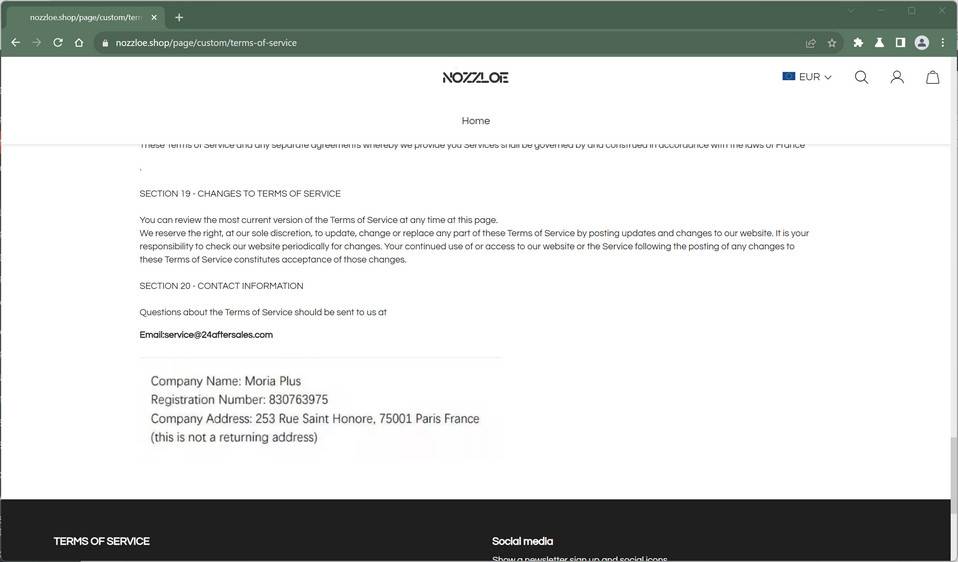
![Remove Vxp-protect.pro Pop-up Ads [Virus Removal Guide] 21 McAfee scam 4](https://malwaretips.com/blogs/wp-content/uploads/2023/08/McAfee-scam-4-290x290.jpg)


